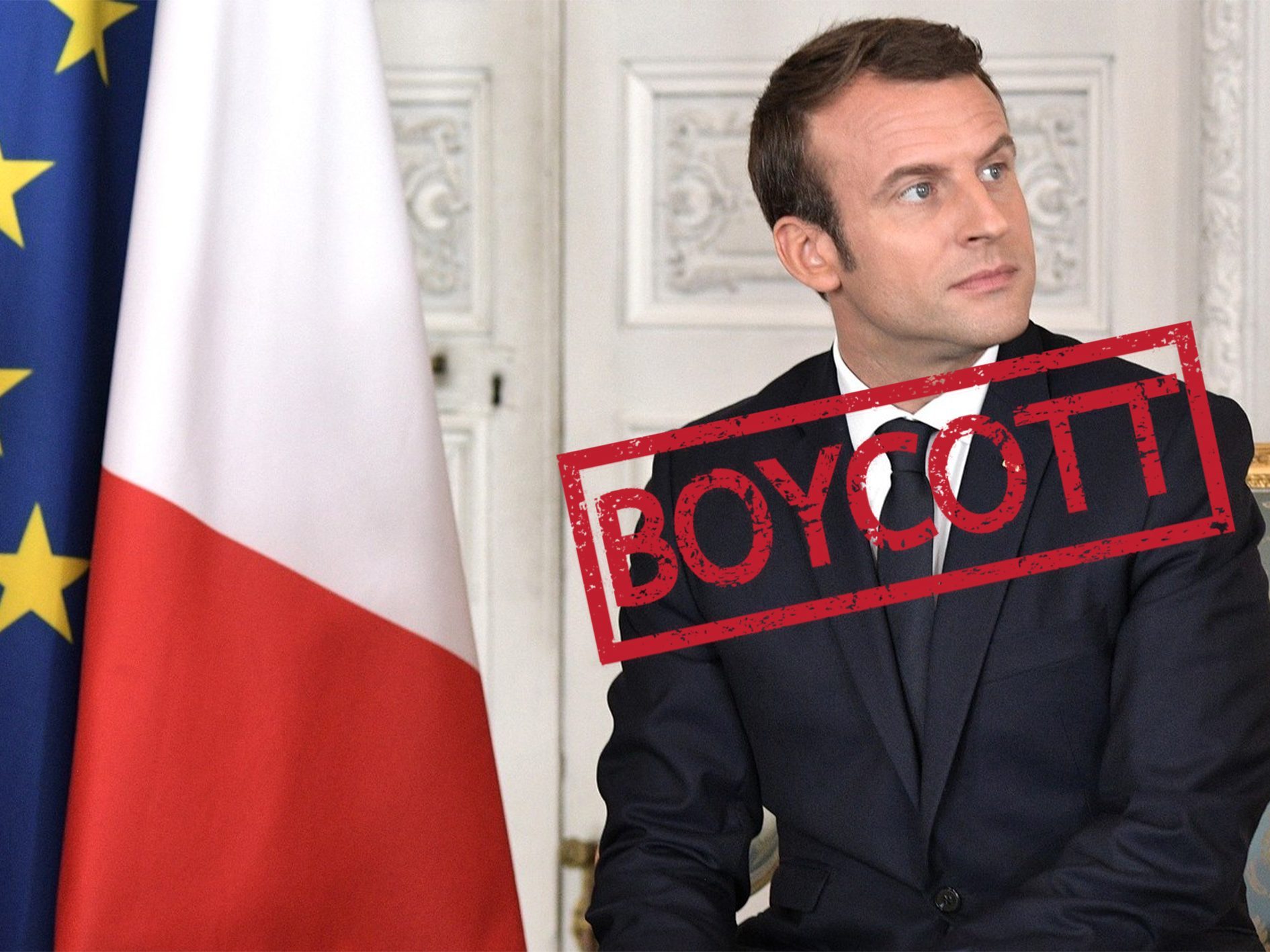The call to boycott French products started in October 2020, following remarks by President Emmanuel Macron that were deemed to be offensive towards the Muslim world.
The number of French exports to the Middle East saw a drastic dip in 2020 compared to the previous year, according to a report by the International Trade Centre.
French exports to the region declined by some 14%, the report said, highlighting a whopping decrease of 59% for products to Qatar.
Read Also: Calls to ‘replace’ boycotted French products with Turkish goods
The figures show a stark comparison to 2019 when exports to the Middle East stood at more than half a billion dollars in value. In Qatar, the value of sales dropped from $4.2 million to $1.7 million.
While the report fails to clarify reasons behind the dip, UK-based researcher and political analyst, Dr. Naser Al-Tamimi linked the figures to a mass boycott movement last year that emerged across the Middle East in response to tensions between France and the Muslim world.

Tensions spiked after the killing of a teacher in France who showed his class caricatures of Islam’s Prophet Muhammad.
French authorities responded with a large-scale crackdown on Islamic entities in the country, raiding more than 50 mosques and associations.
The French magazine at the centre of the cartoon controversy, Charlie Hebdo, republished the offensive caricatures of the prophet and Macron affirmed his country would “not give up cartoons.”
Read also: The bumbling Macron and delusions of ‘grandeur’ France
He also refused to condemn the magazine’s decision, vowing measures against what he called “Islamic separatism.”
The French President sparked further outrage after describing Islam as a religion “in crisis” worldwide.
In response, Muslims around the world launched a virtual campaign to condemn France’s Islamophobia, calling for a boycott of French products. Protesters also took to the streets in capitals around the world to denounce the provocations.
In Qatar, the local boycott of French products began on October 24, when the country’s flagship Al Meera supermarket removed all goods made in France from its shelves.
Al Meera’s move encouraged other local stores to follow suit, and five months on, the movement calling to boycott French products has consistently remained one of the top trends on Twitter.
Follow Doha News on Twitter, Instagram, Facebook and Youtube







